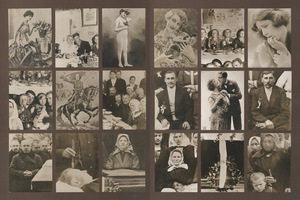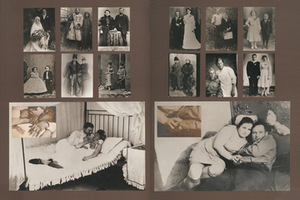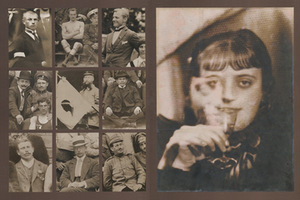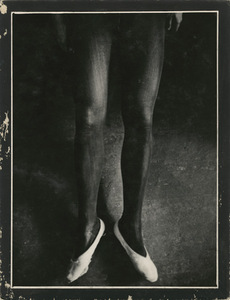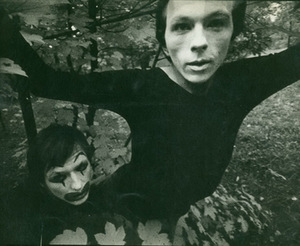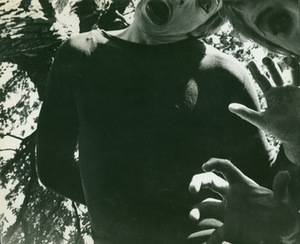Attitude to Vitas Luckus 4
In brief: It is the author’s small hommage to the man whom he did not know personally but with whom he got acquainted closely through his own words. Going through pages of the book compiled by Margarita Matulytė and Tania Luckienė-Aldag and dedicated to the photographer Vitas Luckus and his works, the author could not get rid of the feeling that he recognised some of his contemporaries surrounding him. This hommage is indirectly addressed to them too.
Two myths about Luckus prevail – that he was an eccentric and that he was an artist who surpassed his time. None of these opinions answers the question what Luckus was at that time and what he could be today; therefore, the author formulates his own opinion about Vitas Luckus and his world.
Unpredictable and indomitable eccentric was rather a jackstraw of Luckus, a convenient and neutral package for unknown content. Why Luckus lived “not according to the rules”? He should have felt an internal necessity for it. The engine of Luckus is evidently an internal conflict arising from constant doubt and need to give questions to himself and environment.
The art photographer felt the need “to smile in the face of death and mock the phantasmagoria of life”. Still, Luckus felt endless love to this phantasmagorical life.
The relation of Luckus with old photography became the key to him to the author. “I mixed everything into one – thousands of images and saw that the order remained. All this is life, we all reveal as people here, no matter whether you are a boxer, tsar, beggar, half-naked woman. I realised that archive photography was the mirror of a bottomless well waiting until someone would look at it and understand it,” Luckus wrote in the preface to his album “Attitude”.
Could such a person, who was out of safe frames of time, space and rules, become “homey” to the present in which we live? The author does not think so and does not think that anything is different today. Luckus is a classical “unnecessary” and inconvenient man coming from the Russian literature classics. He wants too much from himself and others without demanding for anything. He is a man without “his” time and space. Still, he was not an unappreciated genius or loner. He was a very social man able to show himself.
